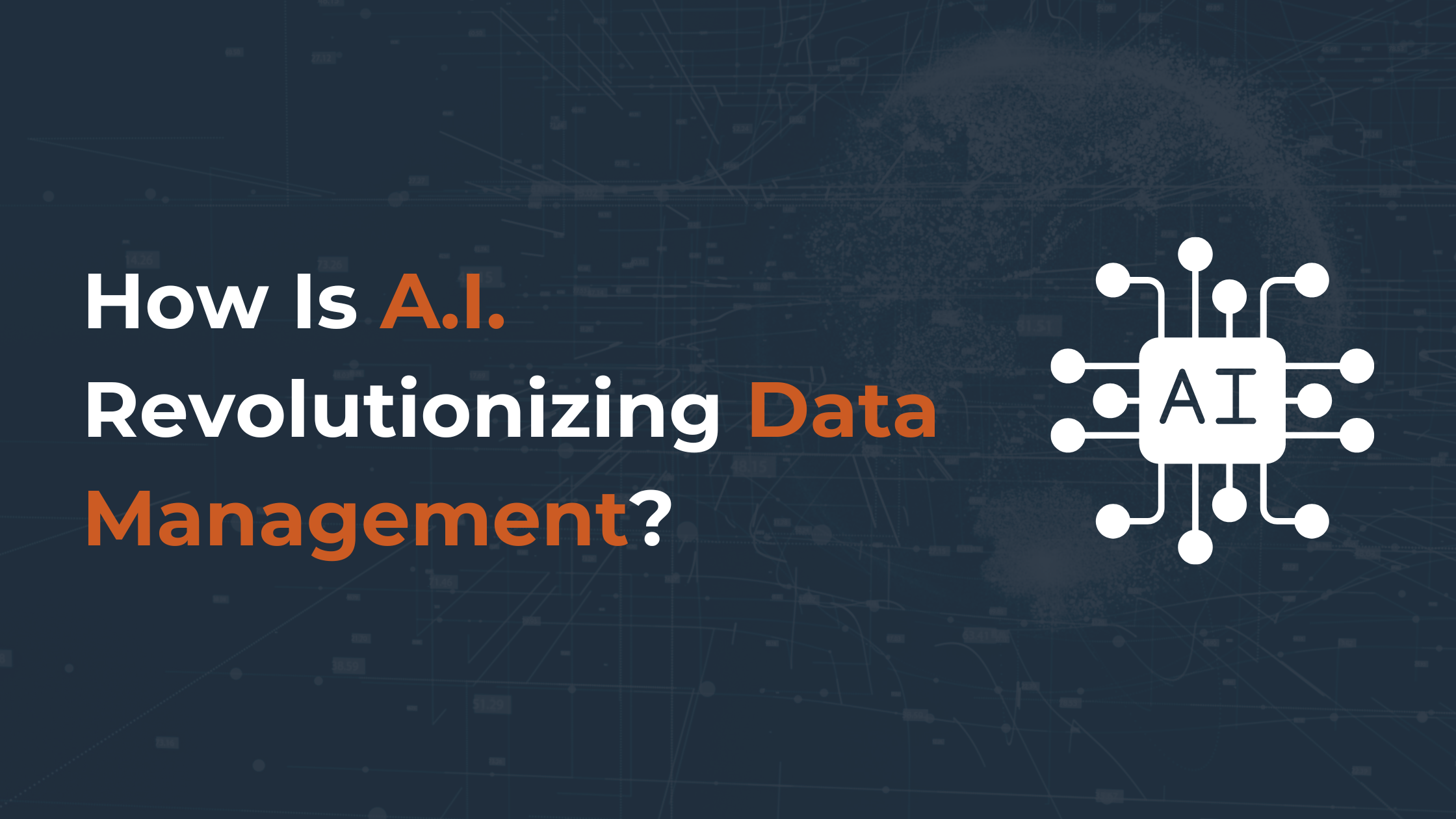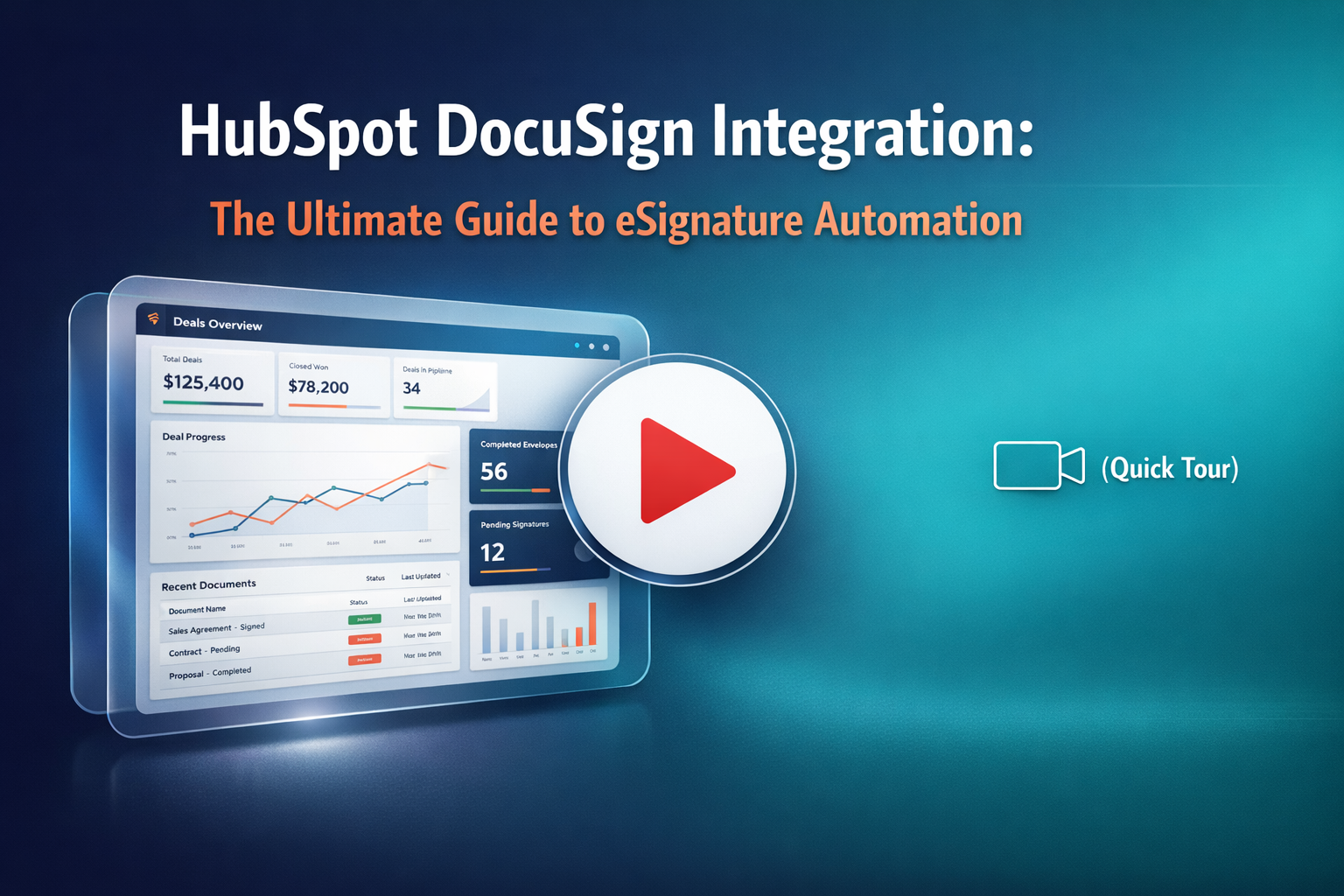What exactly is AI data management?
Consider it the art and science of applying AI to manage a company's data intelligently and efficiently. It’s all about ensuring data is high-quality, well-organized, and ready to fuel smarter decisions. This includes everything from collecting, organizing, storing and using data effectively. Of course, keeping data secure, easy to access, and compliant with regulations is key. By managing data with AI, businesses can ensure their info stays accurate and up-to-date—crucial for making informed choices and staying ahead of the competition.
The Game-Changing Benefits of AI in Data Management
So, what are the biggest perks of using artificial intelligence (AI) in data management? Let’s dive in!
1. Efficiency on steroids
Imagine you’re a data manager, wading through thousands of data points manually—sounds like a nightmare, right? Well, AI takes that heavy lifting off your plate! Traditional methods of reviewing and cleaning data just don't cut it anymore, especially with the explosion of data we see today. AI swoops in, streamlines the entire process, and handles massive volumes in a snap. Instead of digging through rows of data for hours, AI helps cut out the noise and leaves you with the stuff that really matters—like spotting critical anomalies or risks early on.
2. Consistency
One of the advantages of AI in data management is its ability to bring consistency to the table. Manual reviews are full of human subjectivity. Different people, different judgments—that's how we roll. But AI? It’s like having a second set of eyes that never gets tired and applies the same standards every time. It eliminates those subtle human biases but still keeps you in control as the ultimate decision-maker.
4. Freeing up your brainpower
One of AI's biggest wins is freeing you up to focus on what really matters. AI takes over the grunt work—sifting through data, handling repetitive tasks—so you can direct your attention to higher-level decision-making. It's like having a super-smart assistant who clears your desk and leaves you with only the critical stuff to handle.
5. Scaling up with confidence
Data managers today deal with much more complexity than ever before. With AI, scaling up to manage all that complexity becomes less daunting. You can confidently handle growing data volumes without needing a huge team or investing in endless manual processes.
6. Smoother resource allocation
With AI taking on a lot of the legwork, data teams don’t need to throw tons of people at a problem anymore. This means you can allocate resources more strategically, focusing your talent on high-priority tasks rather than bogging them down with data cleanup and review.
What AI can’t do, and why do humans still matter?
AI data management is helpful, but let's be honest—there are still plenty of things it just can’t handle. Good data needs good humans behind it. You still need people who care about the quality of the data, treat it like the precious asset it is, and put systems in place to manage it properly.
Here are some key areas where AI still needs a human touch:
- Deciding which data is vital to a business? That is not an algorithmic task; this is work for humans.
- AI can crunch numbers but can’t inspire a company-wide mindset shift toward data.
- AI can’t physically tweak sensors or gear to get the proper settings.
- Setting up the policies and structures to manage data responsibly? It is still primarily a human job.
- Creating a common language for a business so everyone is on the same page? AI is not there yet.
- Is the organization using the correct data to solve a problem or chasing the wrong numbers? That’s a human judgment call.
- Figuring out where to store or process data? AI doesn’t have the insight to make those recommendations.
- Punishing bad actors for data breaches or fraud? That’s definitely a human job!
Even as AI steps up to automate routine data tasks, the role of humans in data management is far from disappearing. We’ll always need real people, both regular employees who work with data daily and the data pros who build, protect, and maintain the system.
Of course, as AI improves, it will take over more repetitive, structured tasks, which is great news for data management overall. But that doesn’t mean data professionals should kick back and relax. Their roles may shift or even disappear at lower levels, but those who stay flexible and plan carefully will find themselves working alongside AI in a way that makes their jobs more valuable. The key is figuring out what tasks AI can handle, what should stay with humans, and how both can collaborate effectively to keep the data world running smoothly.
Where AI Shines in Data Management
AI for data management is a fantastic tool, but it’s not here to completely take over good data management practices. We still need to keep a proactive eye on data quality, make sure everyone knows their responsibilities, and build solid structures like data supply chains while also agreeing on key definitions. However, AI can boost productivity and help companies get more value from their data. Let’s explore key areas where AI makes a big difference.
1. Data Classification
AI truly excels when it comes to data classification and extraction, especially with the explosion of digital content like images and videos on social media. Imagine trying to moderate all that content manually—it would be impossible without AI! It helps identify inappropriate posts, resolve identities (Is this a bot or a person? If a person, which one?), and match data across systems (Is Jane Doe from Database A the same as J.E. Doe from Database B?). AI can also pull out critical info from complex documents, like legal filings or contracts.
We’ve been using basic AI for years in the form of optical character recognition (OCR), which reads printed text on things like checks or envelopes. But AI has taken things up a notch with advanced deep learning models that can even understand human handwriting. This is particularly helpful for sectors like healthcare, where AI can extract meaningful data from faxes (yes, those still exist) and automatically feed it into electronic health records, saving time.
2. Data Mapping
Once you've extracted your data, the next step is mapping it from the source to where it needs to go. Back in the day, this was a tedious process requiring IT pros to write custom code. Eventually, code-free tools emerged, allowing data experts to map visually with simple drag-and-drop interfaces. But now, AI has taken data mapping to the next level.
Thanks to artificial intelligence, data sources, attributes, and relationships are automatically discovered. Machine learning algorithms dive into existing data, identifying patterns and connections, cutting down both time and effort. Schema mapping, which once required meticulous manual alignment, is now simplified as AI uses pattern recognition and semantic analysis to detect similarities between different data schemas.
3. Data Cataloging
For decades, businesses have struggled to keep track of where all their important data lives across their systems. Data cataloging, which organizes and tracks data, has become a lifesaver—but maintaining these catalogs is a time-consuming job. Use AI, which can automate the search through various data repositories and create these catalogs with minimal human effort. It can even track data lineage, showing where data came from, who’s touched it, how it’s changed, and where it’s now located.
4. Data Quality
Businesses are great at generating mountains of data, but keeping that data clean? That’s still a big challenge. IBM estimates that poor data quality costs U.S. businesses $3.1 trillion annually. Ouch! Even with all the fancy data management software, the struggle is real. But here’s where AI can make a huge difference.
AI algorithms are pros at scanning datasets for errors, inconsistencies, and anomalies. And the best part? They can fix these issues instantly. Did you get the missing data? No problem. Generative AI for data management steps in to detect those gaps and fills them in with estimated values without sacrificing accuracy. It's like having a tireless quality control team working around the clock to keep your data pristine.
5. Data Analysis
Where AI really shines is in data analysis. Natural language processing (NLP) has become a vital component of data analytics with the rise of AI, particularly with models like GPT. This has made it simpler than ever to sift through text-based data from sources such as business documents, social networks, and reviews from customers. AI can even group similar data together using clustering algorithms, making patterns and trends more visible.
AI has turbocharged traditional techniques like decision trees and regression analysis. Machine learning models can now create complex decision trees in no time, even when dealing with large, multidimensional datasets. It’s like having a supercomputer that can analyze endless data streams and present actionable insights in a snap.
6. Data Security
Every company must prioritize protecting the privacy and security of its data, and for many years, this has been primarily a human responsibility. In the battle against cyber risks, generative AI data management is emerging as a powerful partner. It can gather intelligence on potential threats, analyze patterns, and predict where attacks might come from. This is crucial in a world where cybercriminals constantly evolve and humans have too much data to sift through manually.
AI can also monitor access patterns, flag unusual activity, and identify internal threats like fraud or noncompliance, which is especially important for highly regulated industries like banking. While AI can detect suspicious behavior, human investigators are still needed to confirm whether there’s actual foul play.
7. Data Integration
AI’s impact on data integration is a game-changer. Companies often struggle with multiple versions of critical data, thanks to acquisitions, mergers, or just years of disorganized data management. Historically, integrating all this data into a single “golden” record was an enormous and expensive task.
Now, AI-powered systems can handle this integration far more efficiently. Using probabilistic matching, AI can automatically merge records likely the same (say, a 90% match), leaving only the tricky cases for human experts to sort out. This makes mastering data across an entire organization faster and more accurate without the headache of endless business rules.
SyncMatters is your integration assistant with an expert team for seamless data integration, transfer, and management across CRM systems. With the ability to connect with over 45 different CRMs, SyncMatters makes it easy to move, transform, and format data exactly how you need it.
Wrapping Up
We hope that this article has highlighted how to use AI for data management. While technology alone can’t replace the need for solid data strategies and human oversight, AI is an invaluable tool in reducing errors, uncovering hidden insights, and simplifying processes. From automatically identifying patterns and cleaning up messy data to helping companies make smarter decisions, AI transforms how organizations handle their data.
The future of data management isn’t about replacing people, but about empowering them with smarter, more efficient tools that free up time for bigger, more strategic thinking. AI and data management go hand in hand, streamlining processes like data mapping, cleaning, and analysis to enhance accuracy. AI is here to assist, not replace—and together, humans and machines can unlock the true value of data like never before.







